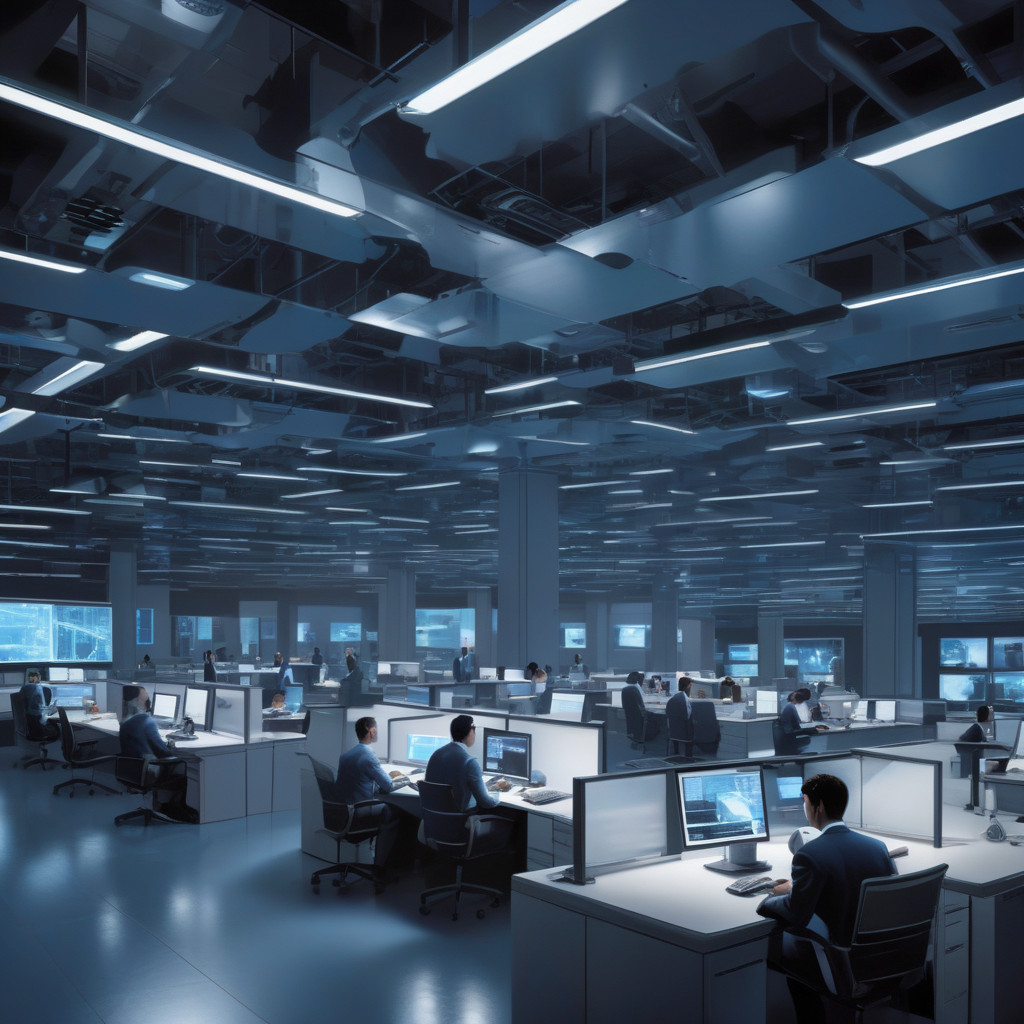The landscape of work is rapidly evolving, with the World Economic Forum (WEF) predicting that 41% of companies are gearing up to replace human workers with AI within the next five years. This shift towards automation is set to revolutionize how tasks are performed, potentially displacing a significant portion of the workforce in the process.
However, amidst this wave of change, there is a silver lining. The WEF also highlights that 70% of companies are planning to recruit individuals who possess expertise in utilizing these new AI tools. This indicates a growing need for employees to adapt and acquire skills that align with the emerging technological landscape.
It’s crucial to recognize that advancements in AI and renewable energy are not just reshaping industries but also redefining the types of roles that will be in demand. While some positions may become obsolete, there will be a surge in the requirement for technical and specialized roles, presenting new opportunities for those equipped with the right skills.
Moreover, the transition to a more automated workforce is expected to prompt companies to invest in upskilling their current employees. This strategic move not only ensures a smoother transition towards automation but also demonstrates a commitment to nurturing existing talent within organizations.
Looking ahead, the WEF’s forecast paints a mixed picture of the future job market. While 92 million jobs are projected to vanish by 2030 due to automation, there is a ray of hope with the creation of 170 million new roles. This translates to a net gain of 78 million jobs, indicating that despite the disruptions caused by AI, there is potential for significant job growth in the coming years.
In conclusion, the impending integration of AI into various industries is poised to bring about substantial changes in the workforce. Companies need to adapt by reskilling their employees, while individuals must embrace a continuous learning mindset to stay relevant in this evolving job market. By acknowledging these trends and proactively preparing for the future, both businesses and workers can navigate the transformative impact of AI with confidence and agility.

